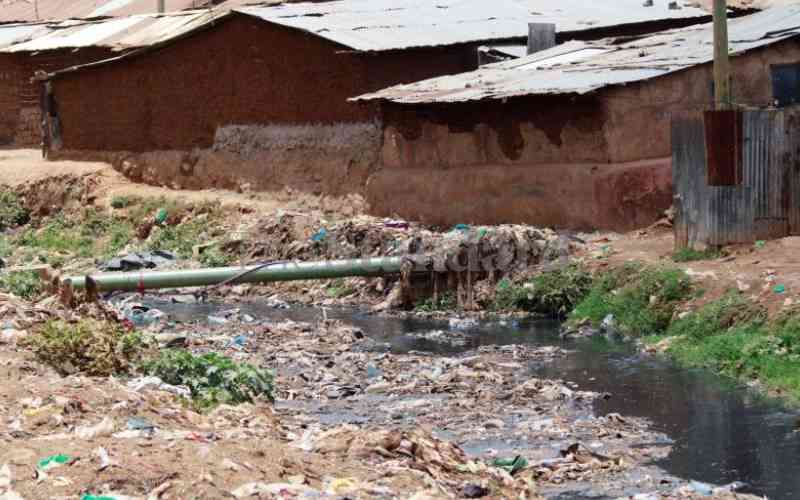×
The Standard e-Paper
Join Thousands Daily

In the world of epidemiology, a figure named John Snow emerged as a real-life hero who revolutionised disease control.
During the Victorian era in 1854, when London was plagued by the ravaging third cholera pandemic, Snow's insightful observations led to groundbreaking discoveries on how the disease spread and how it could be halted.